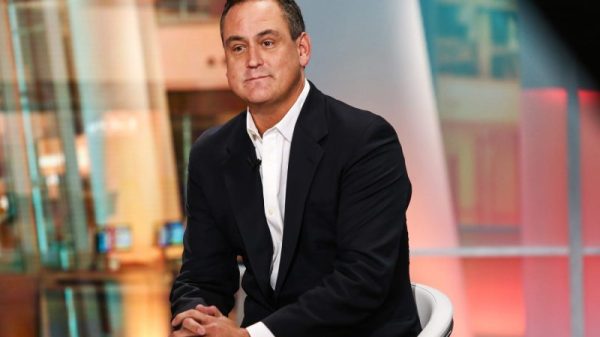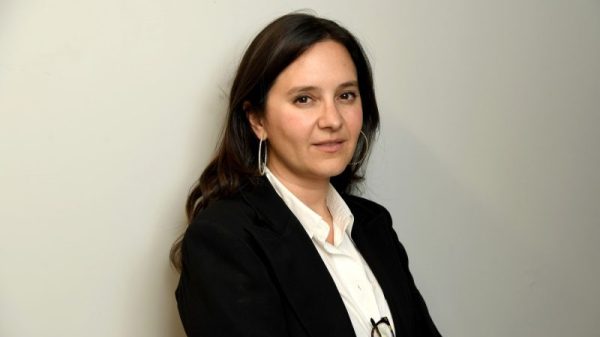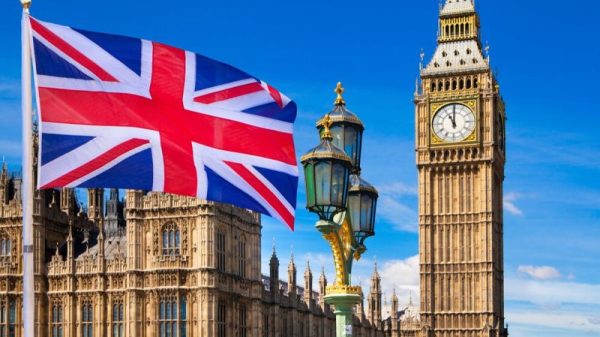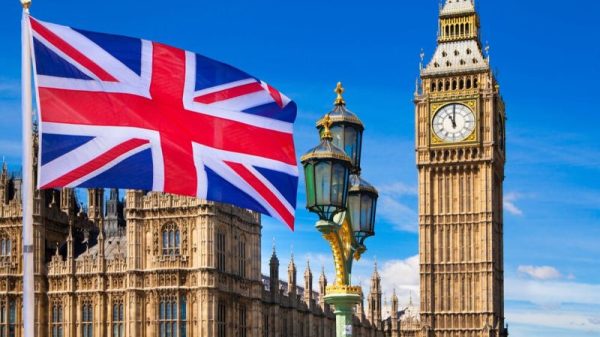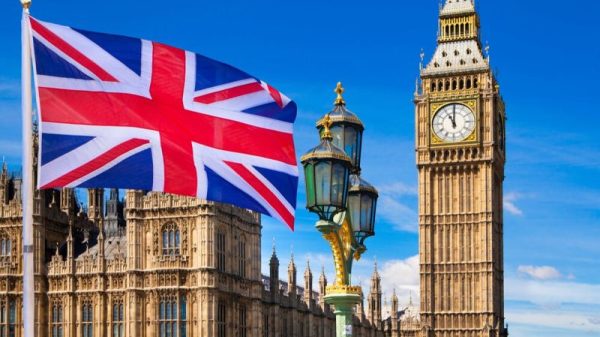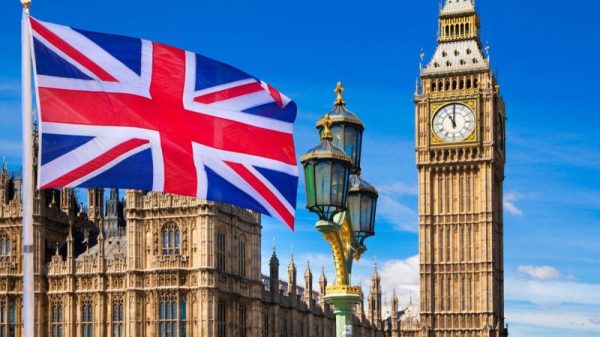Nicholas Anthony
Who should be trusted with the future of money? Amit Seru, a professor of finance at Stanford Business School, recently took to the pages of the New York Times to call for that future to be held in the hands of the state. He argued that trusting money to the private sector would result in a system that is “less clear, less innovative, and less safe.”
Pointing to China and India as examples, Seru called on the US government to create a central bank digital currency (CBDC). Among the supposed benefits he listed, Seru said a CBDC would offer digital financial services like those currently offered by the private sector, except there would be “no risk of frozen funds.” History says otherwise.
It only takes a cursory glance to see that governments around the world have repeatedly frozen the accounts of political opponents and protesters.
The Russian government froze the accounts of Alexei Navalny and his allies. The Chinese government froze the accounts of pro-democracy protesters. The Canadian government froze the accounts of the Freedom Convoy protesters.
In Nigeria, the government froze the accounts of people protesting police brutality. In Georgia, the government froze the accounts of five human rights organizations connected to anti-government protests. Even in the United States, the government has exerted pressure to keep people (and industries) out of the financial system.
Placing digital money under direct government control would not eliminate this risk. It would make it worse.

